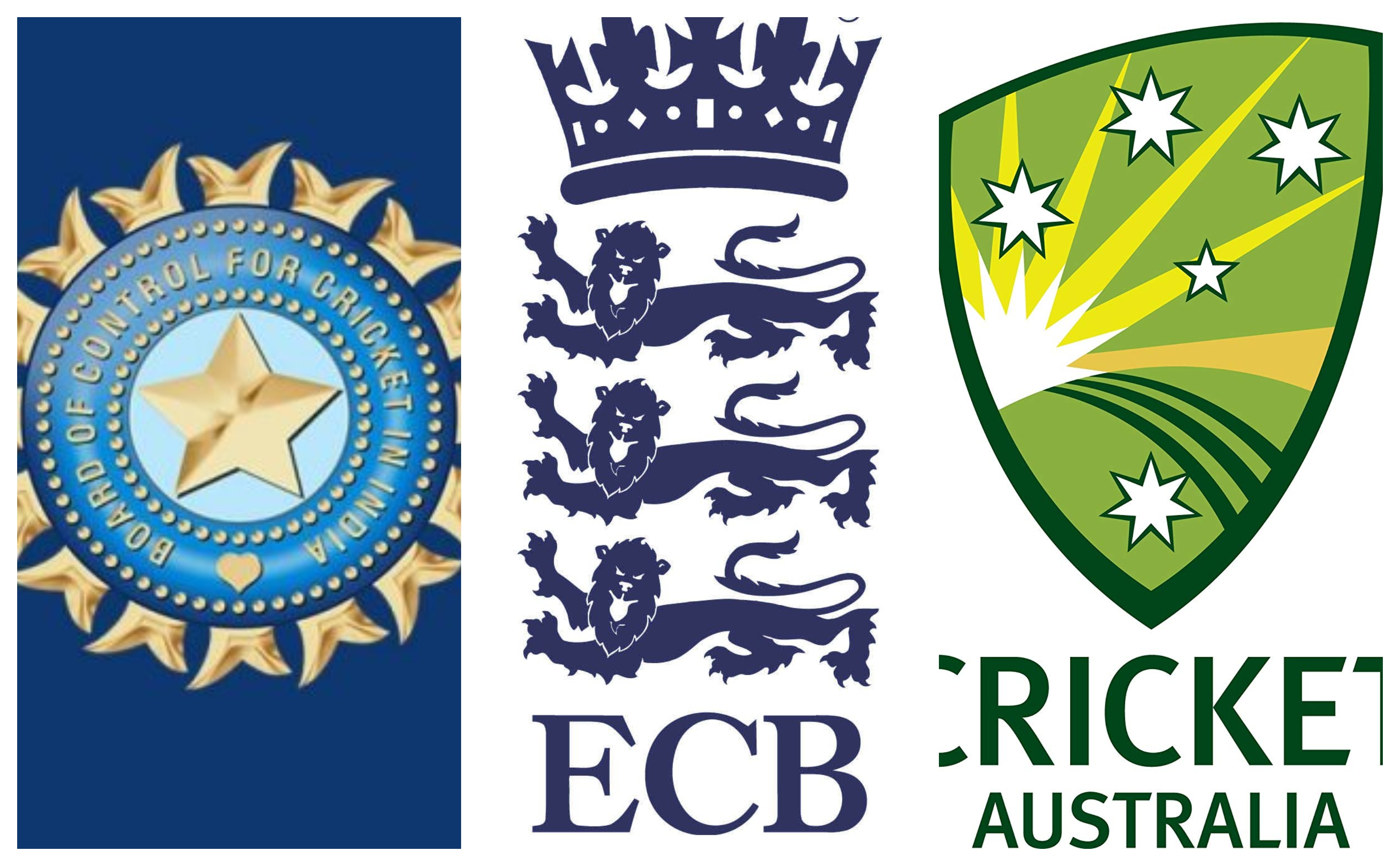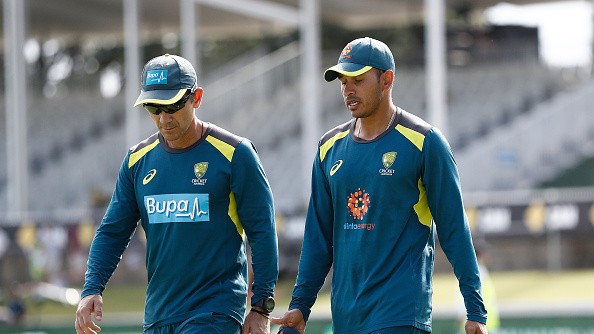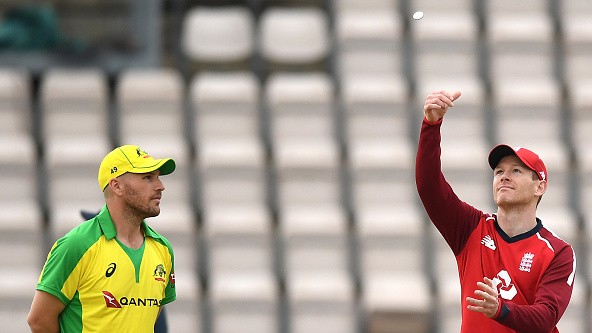
Ehsan Mani, Chairman of Pakistan Cricket Board (PCB), has on Saturday (September 5) launched attack at the top cricket boards by saying that the International Cricket Council (ICC) chairman should not be from the “big three” nations — Australia, England and India.
The former ICC President further claimed that a lot of politics and favoritism has been introduced in the governing council by the Board of Control for Cricket in India (BCCI), England and Wales Cricket Board (ECB) and Cricket Australia (CA), so it would be “healthier” for the game to select someone from other boards for the top post.
The ICC chairman’s post has been vacant since Shashank Manohar, a prominent Indian lawyer, stepped down from the post in July and presently Imran Khwaja is serving as the interim chairman.
Read also: Waqar Younis wants ICC to mandate the use just one brand of balls in Test matches
Now, the global body is struggling to decide on whether the selection process should be based on a two-thirds majority vote or a simple majority to select the new candidate for the top post at ICC.
Speaking to Forbes, Mani said: “It would be healthier to have someone (the chairperson) not from the 'big three'. The politics introduced by Australia, England and India in 2014 to protect their positions - now they are struggling to unwind it because it doesn't suit them anymore.”
The PCB chief, who served as the ICC chairman from 2003-06, also quashed the speculation that he is interested in the top job by saying: “I was never interested. A few of the directors asked me but I told them that I’m there to only serve Pakistan. I’ve done it all before.”
He also slammed the ICC’s funding model which favours mostly India and England, claiming there is favoritism even in the allocation of the major cricketing events.
Mani signed off by saying, “It’s not only the funding model that is wrong and skewered to India and also to some degree England. They allocated ICC events to themselves, gave themselves generous hosting fees and the benefits from gate money and hospitality. In 2019 [World Cup hosts] England would have made what Pakistan, West Indies or South Africa do over an eight-year period. That’s what’s wrong with the system.”



